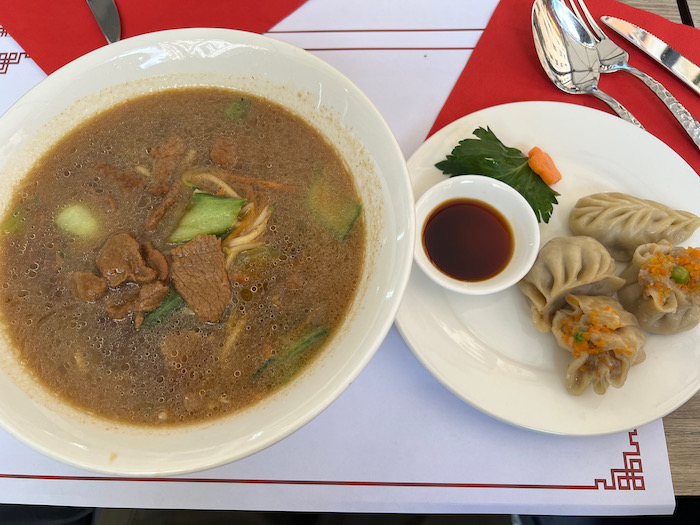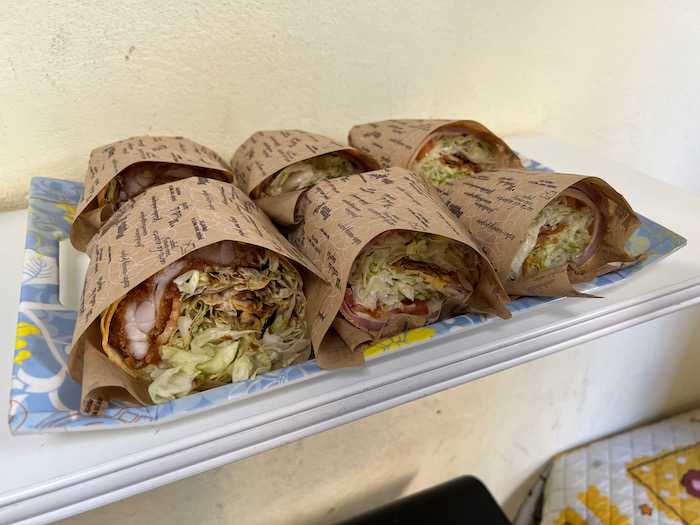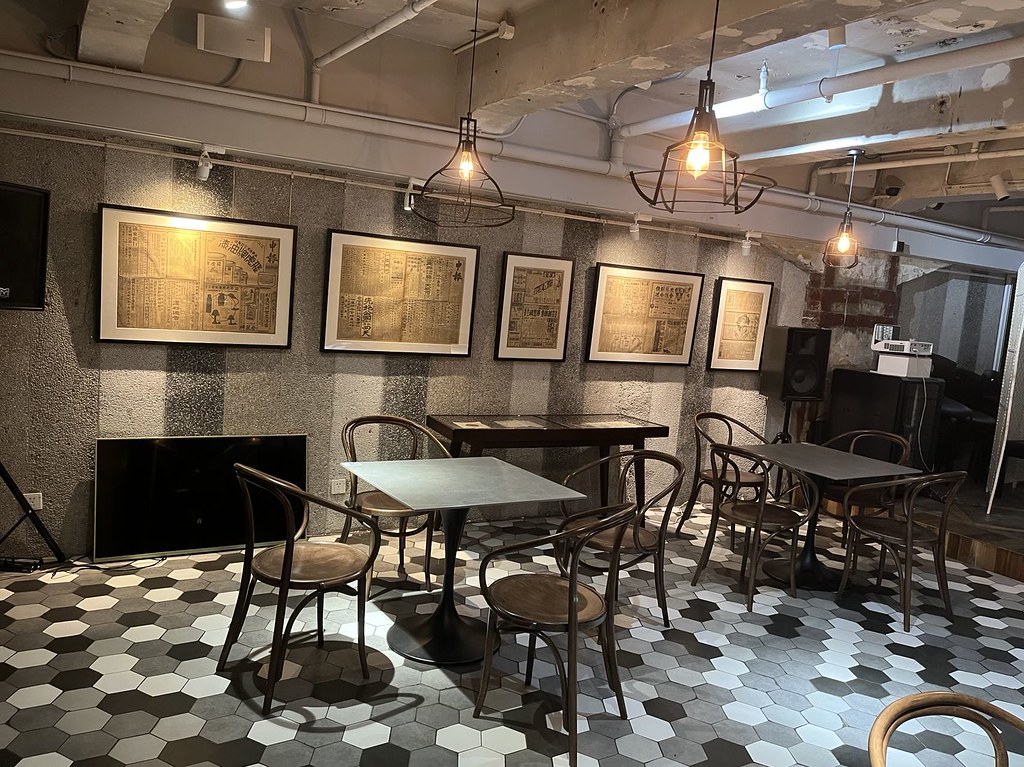Now I’m traveling in Italy. Because Chinese people really like coming here, there’s a lot of Chinese food. (现在我在意大利旅游。因为中国人很喜欢来这里,所以有很多中国菜。 xiànzài wǒ zài yìdàlì lǚyóu。yīn wéi zhōngguó rén hěn xǐhuān lái zhèlǐ, suǒyǐ yǒu hěnduō zhōngguó cài). In this post, I’ll tell you all about eating Chinese food in Italy while teaching some useful expressions.
When in Rome…
Surely you’re familiar with that old expression – “When in Rome, do as the Romans do.” Well, I just finished up a week in Rome (罗马 luómǎ) and I definitely did my best to follow the local customs.
I ate a lot of pasta and pizza, and also drank many espressos (我吃了很多意大利面和披萨,也喝了几个浓咖啡 wǒ chīle hěnduō yìdàlì miàn hé pīsà, yě hēle jǐ gè nóng kāfēi).
There’s a Chinese idiom with a similar meaning to “When in Rome,” but it says nothing of the Italian capital. It goes like this:
入乡随俗
rù xiāng suí sú
If you translate this directly it basically means “when you enter a village, follow the local customs.” As you can see, it expresses the same meaning as the common English expression. There’s another way to say it in Chinese as well:
走乡随乡
zǒu xiāng suí xiāng
Ok now that you know this important Chinese idiom, let’s move along with the story…
Finding Chinese Food in Italy
I love pizza and pasta and may have eaten my weight in both on this trip already. We are spending six weeks traveling around Europe (欧洲 Ōuzhōu) and we’ve been eating local food for almost every meal.
While it’s been great, once in a while I need some comfort food (舒适的食物 shūshì de shíwù). Yes, I’m American, but my comfort food isn’t hamburgers (汉堡包 hànbǎobāo) and hot dogs (热狗 règǒu). I get far more excited when I find a legit Chinese restaurant than I do when I see the golden arches.
We had a few hours to kill upon arriving in Rome before we could check into our Airbnb. Looking at the map around the main train station (火车站 huǒchē zhàn), I noticed many familiar Chinese characters (汉字 hànzì). By the way, have you read our post about the 100 most common Chinese characters?
I read some reviews and perused the menu of one particular restaurant. My eyes lit up when I saw some of my favorite dishes from my years in China: lamb kebabs, dumplings, and pulled beef noodles (羊肉串儿,饺子,和牛肉拉面 yángròu chuàn er, jiǎozi, hé niúròu lāmiàn).
It wasn’t quite as good as what I’d order at my favorite Lanzhou restaurant in Beijing, but it was still delicious. They definitely cater more to the local tastebuds, just as Chinese restaurants do in the US.
Italians don’t really like eating spicy food (意大利人不太喜欢吃辣的 yìdàlì rén bù tài xǐhuān chī là de). We had to ask them for some chili sauce (辣椒酱 làjiāo jiàng) to fix the noodles to our liking.
Speaking of dumplings, you’re probably well aware of how much they mean to me. I even wrote a love letter to dumplings on the blog one year. In Italy, they’re listed on the menu as ravioli cinesi, or “Chinese ravioli.”
I always thought we had Marco Polo (马可波罗 mǎkěbōluó) to thank for bringing the idea of dumplings from China to Italy, but apparently, that’s historically inaccurate. Check out this interesting article for more about the history of dumplings.
Italian Jian Bing
Now back to my story about finding Chinese food here… We’re currently in Florence (佛罗伦萨 fóluólúnsà), which is a favorite of tourists (游客 yóukè) from China. Remember that Chinese expression we learned earlier? Well, it turns out a lot of people just want to eat what’s familiar. There are lots of Chinese restaurants here catering to tourists looking for a taste of home.
Once again scouring the map, I was super excited to find a place called “Meet Chinese Pancake” (遇见煎饼 yùjiàn jiānbing) just a 2-minute walk from our Airbnb. I used to eat a jian bing at least 2-3 times a week when I worked as an English teacher in Beijing. In fact, one of my first videos on the YouTube channel was about just that:
It had been about six years since the last time I got to bite into a tasty jian bing, so you can imagine my excitement. The couple that runs the shop is from Zhejiang province (浙江省 zhèjiāng shěng), and it was nice getting to practice my rusty Mandarin with them. She was quite impressed to find a few Americans in her shop in Italy speaking decent pu tong hua.
So how was the jian bing? It will never beat the guy with the ramshackle bicycle grill in front of my Beijing apartment, but it was good. It’s interesting how they combine Chinese and Italian flavors with their cheese and ham (芝士火腿 zhīshì huǒtuǐ) version of the famous Chinese street food. Once again, I found it a bit bland and needing some extra chili sauce.







